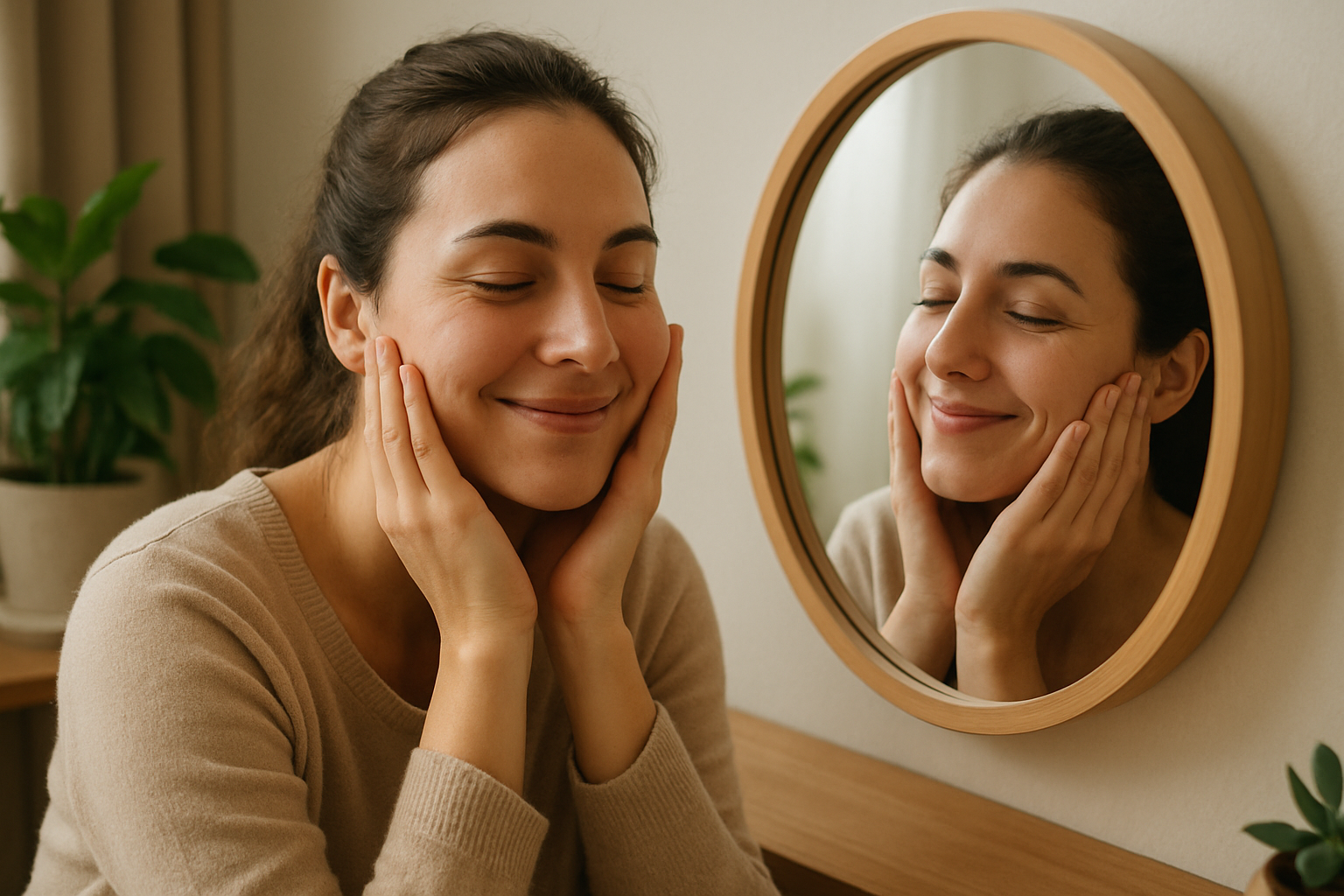Your health and your self-esteem are deeply connected — each one influencing the other in ways that affect how you live, feel, and relate to the world. When you take care of your physical and emotional well-being, it naturally boosts your confidence. And when you feel better about yourself, you’re more likely to make healthy choices.
This article explores how building better health habits can improve self-esteem, and how cultivating a positive self-image supports a healthier lifestyle.
What Is Self-Esteem?
Self-esteem is your overall sense of value and self-worth. It’s how you view yourself — not just physically, but also emotionally, intellectually, and socially.
Signs of healthy self-esteem include:
- Believing you are worthy of care and respect
- Trusting your abilities and judgment
- Accepting both strengths and imperfections
- Speaking to yourself with kindness
- Making choices that honor your needs
Low self-esteem, on the other hand, can lead to:
- Self-doubt or excessive self-criticism
- Avoidance of challenges or new experiences
- Comparing yourself negatively to others
- Difficulty setting boundaries or asking for help
- Unhealthy coping mechanisms (emotional eating, overworking, withdrawal)
Understanding this dynamic helps you see how caring for your health is a form of building self-worth — and vice versa.
How Health Impacts Self-Esteem
1. Physical Activity and Confidence
Exercise isn’t just about physical fitness — it’s one of the fastest ways to boost self-esteem. Movement increases endorphins (feel-good chemicals), reduces stress, and helps you feel stronger and more in control.
Even light movement like stretching, walking, or dancing can:
- Improve body image
- Boost mood and energy
- Help you feel more grounded
- Reinforce your belief that you’re capable and resilient
You don’t need intense workouts — just regular movement that makes you feel alive.
2. Nourishment and Self-Respect
What you eat influences not just your body, but your self-perception. When you choose to nourish yourself with balanced meals, you reinforce the idea that you deserve to feel well and energized.
Eating with intention helps build self-trust:
- Choosing foods that support your energy
- Eating regularly instead of skipping meals
- Avoiding harsh diets or food guilt
- Savoring meals as an act of care
Every time you eat in a way that respects your needs, you build a healthier relationship with yourself.
3. Rest and Self-Worth
Many people struggle to rest — especially if they associate productivity with value. But prioritizing sleep and recovery is a sign that you honor your body’s limits.
Rest communicates:
- “I deserve to feel good.”
- “My needs matter.”
- “My value is not based on constant output.”
When you allow yourself to recharge, your energy improves — and so does your self-confidence.
How Self-Esteem Supports Better Health
1. You Make Choices From Care, Not Shame
When you like and respect yourself, you’re more likely to make health choices from a place of compassion — not punishment.
Instead of thinking:
- “I have to work out because I hate my body.”
You think: - “I want to move because I love how it makes me feel.”
This mindset shift makes healthy habits more sustainable and joyful.
2. You Build Resilience After Setbacks
People with strong self-esteem don’t view mistakes or slip-ups as failure — they see them as part of the process. If you miss a workout or eat something less nutritious, you don’t spiral. You learn, adjust, and continue.
That flexibility helps you maintain progress long term.
3. You Set Healthier Boundaries
When you value yourself, you’re better at protecting your time, energy, and health. You say no to overworking, toxic relationships, or behaviors that harm you.
This boundary-setting leads to less stress and a stronger foundation for well-being.
4. You Ask for Help When You Need It
High self-esteem doesn’t mean doing everything alone. It means knowing your worth and asking for support without shame.
Whether it’s a therapist, doctor, coach, or friend — reaching out becomes a form of self-care, not weakness.
Simple Ways to Strengthen Both Health and Self-Esteem
Practice Positive Self-Talk
Replace harsh inner dialogue with affirming statements like:
- “I am doing my best.”
- “My body deserves kindness.”
- “I am enough as I am.”
- “Taking care of myself is a strength.”
Your words shape your self-image — use them to lift yourself up.
Celebrate Non-Physical Wins
Focus not just on how you look, but how you feel and what you’ve accomplished:
- “I made time for rest today.”
- “I moved my body even when I didn’t feel like it.”
- “I listened to my needs without guilt.”
Recognizing these moments builds confidence from the inside out.
Surround Yourself With Positivity
Your environment influences your self-perception. Choose people, media, and messages that support your health and self-esteem — not those that criticize or compare.
Curate your space with:
- Encouraging books or podcasts
- Body-positive role models
- Supportive friendships
- Reminders of your strengths
Keep Promises to Yourself
Each time you follow through on a small commitment (like drinking more water or going to bed on time), you build self-trust — a key ingredient in both health and self-esteem.
Consistency creates confidence.
You Deserve to Feel Good Inside and Out
Health and self-esteem are not goals you reach and forget — they are practices you nurture daily. When you take care of your body, you tell yourself that you’re worth the effort. And when you believe in your worth, you naturally care for your health.
You are allowed to feel strong, supported, and confident in your own skin — and it begins with how you treat yourself each day.
